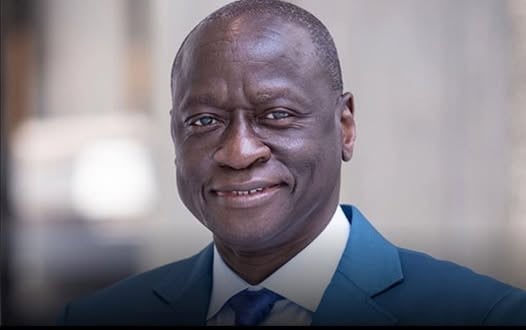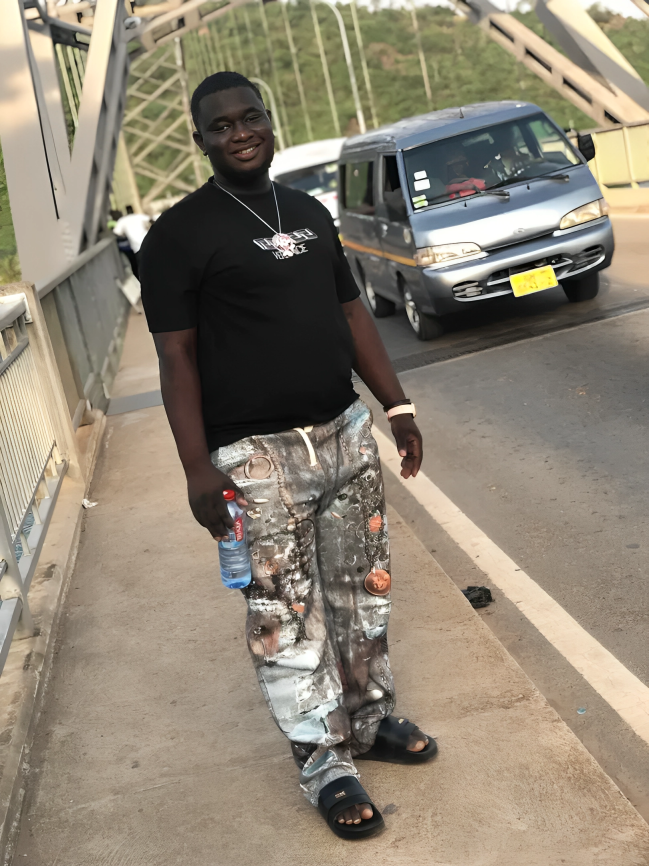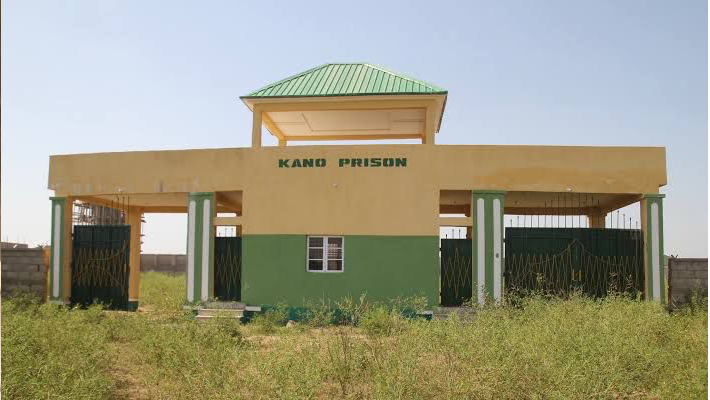World Bank Emphasizes Education Priority for Nigeria's Development

Ousmane Diagana, the World Bank’s vice-president for Western and Central Africa, has emphasized the critical need for Nigeria to prioritize education to achieve parity with developed nations. Speaking at Baze University in Abuja, Diagana delivered a lecture focusing on accelerating development within Nigeria and the broader sub-region, underscoring the profound impact of quality education on national progress.
Diagana highlighted the strong correlation between educated individuals and significant societal outcomes, stating, “There are so many Nigerians across the world working for the World Bank group. Nigeria has human and natural resources. Nigeria has the most vibrant private sector in the world.” He advocated for equitable educational opportunities for all children, particularly those in underserved and remote areas, to foster inclusive growth and development.
The World Bank has demonstrated its commitment to bridging developmental gaps in Nigeria through substantial investments. Diagana noted that Nigeria is the largest recipient of World Bank financial assistance in Africa, with commitments totaling $70 billion. These funds are earmarked for critical sectors, including education, health, energy, and environmental protection, aiming to improve access and quality across these domains.
Ndiamé Diop, the World Bank country director for Nigeria, explained that the extensive financing is necessitated by the country’s persistent inability to fully meet its financial needs. “Nigeria, like every country in the world, unfortunately does not collect enough revenues to address their financing needs by one hundred percent,” Diop stated, highlighting the fiscal challenges that hinder comprehensive national development.
Diop expressed concern over key human capital indicators, noting, “When I joined, I was shocked by the numbers, especially in human capital... Nigeria has some of the best talents I have seen, but at the same time, when you look at the indicators, you look at the health indicators, the education indicators, the wage indicators, maternal mortality, poverty, out-of-school children, this is not right for Nigeria because this country has the resources, the talent, and the capacity to fix that, so we’re squarely focused on fixing that.” He emphasized that Nigeria's wealth of resources and talent should translate into better outcomes in health, education, and overall well-being.
Diop further elaborated on the financial dynamics, stating, “So because Nigeria collects less than they should spend, they have a financing need, and that financing need has to be met one way or the other.” He also urged the Nigerian government to increase its investment in education and lauded the World Bank’s collaborative approach with academia in project implementation, setting a precedent for evidence-based development strategies.












